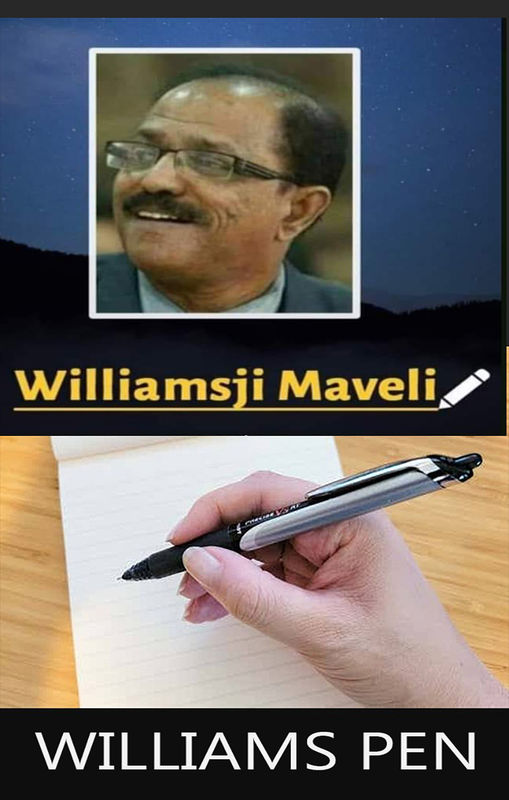WILLIAMS PEN: Poem Analysis

WILLIAMS PEN:
-Williamsji Maveli
Poet: Clive Norman
Poem:
Wisdom of our Ancestors
--
Pathetic is humankind's
aboriginal thinking
With our underestimated reptilian minds
Working like clockwork
Behind the scenes.
-----
Wisdom is knowledge, understood
Though progressing in leaps and bounds
We’ve possibly stepped, a jump or two ahead of ourselves
With much to be desired
While our humanity catches up, with our technology.
-----
For it is our human cravings
Our desires, wishes and dreamings
Our search for happiness through fleeting moments
That’ll inevitably be humankind’s demise
Unless we stop, look, and learn from the wisdom of our ancestors!
--
By Clive Norman
ANALYSIS
Clive Norman's poem "Wisdom of our Ancestors" delves into the contrast between human technological advancement and our fundamental, often primitive, nature. Through a contemplative tone, the poem urges a reflection on the wisdom that our ancestors possessed, which modern society may overlook in its pursuit of progress.
The poem opens with a critical view of humanity's "aboriginal thinking," suggesting that despite our advanced intellect, we are still driven by primal, "reptilian minds." This metaphor alludes to the reptilian brain theory, which posits that the most primitive part of our brain governs instinctual behaviors. The phrase "working like clockwork behind the scenes" indicates that these instincts operate automatically and unconsciously, influencing our actions more than we might realize.
In the second stanza, Clive Norman contrasts wisdom with mere knowledge. He acknowledges the rapid progress ("leaps and bounds") humanity has made but warns that we may have "stepped a jump or two ahead of ourselves." This line suggests that our technological advances outpace our moral and ethical development.
The final stanza shifts to a more cautionary tone. Norman describes human desires and the quest for happiness as potentially self-destructive forces. The "fleeting moments" of happiness we chase are seen as ephemeral and unsustainable. The poet warns of an inevitable "demise" unless we heed the lessons from the past.
"Wisdom of our Ancestors" is a reflective piece that critiques the current trajectory of human development. It challenges readers to consider the depth of their understanding and the wisdom of those who came before us. By urging a balance between progress and primal instincts, Norman advocates for a return to more thoughtful, sustainable ways of living that honor the lessons of our ancestors.-Author Williamsji Maveli
Like 0 Pin it 0



